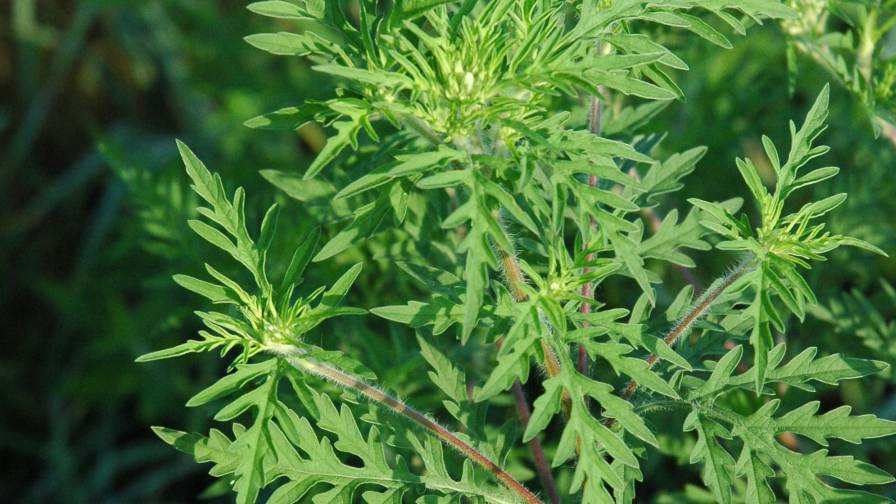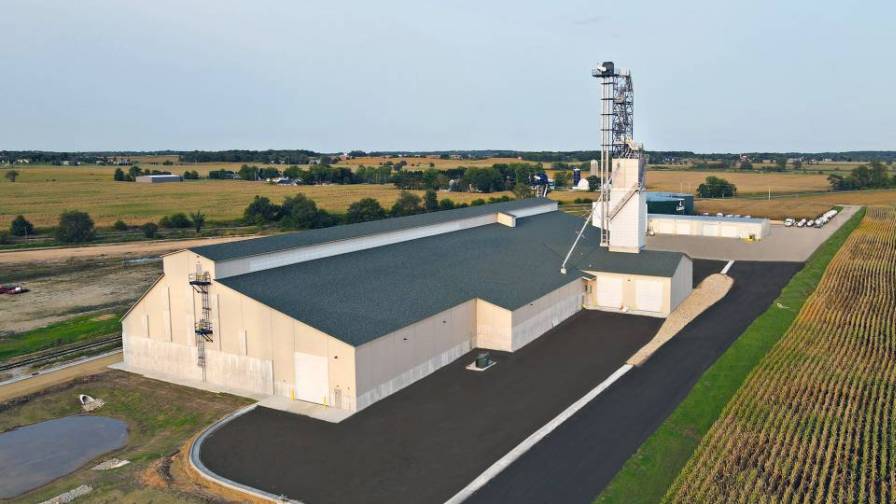Agrobacterium Discovery Leads To World Food Prize For Syngenta Researcher
During an announcement ceremony today at the U.S. State Department, Secretary of State John Kerry provided the keynote address where Syngenta Biotechnology founder and Distinguished Science Fellow Mary-Dell Chilton, Ph.D., was named a 2013 World Food Prize Laureate along with two other distinguished scientists. The $250,000 World Food Prize is known as the “Nobel Prize for food and agriculture” and is the foremost international award recognizing an individual who has enhanced human development by improving the quality, quantity or availability of food in the world.
“What began as curiosity-driven fundamental research has now found worldwide application in agriculture with the promise of benefitting all mankind,” said Dr. Chilton. “The committee’s decision to award the World Food Prize to biotechnology researchers will help convey to consumers the value, utility and safety of genetically engineered crops. I am both humbled and extremely grateful for this honor.”
Dr. Chilton’s work has led to the development of a number of genetically-enhanced crops, which, by 2012, were grown on more than 170 million hectares around the globe by 17.3 million farmers, over 90% of whom were small resource-poor farmers in developing countries.
Dr. Chilton conducted groundbreaking molecular research on how a plant bacterium could be adapted as a tool to insert genes from another organism into plant cells, which could produce crop varieties with new innovative traits. In 1982, Chilton and her team harnessed the gene-transfer mechanism of the bacterium, Agrobacterium, to produce a transgenic plant. Her work provided new tools to protect plants from the environment and enhance yield that complement traditional plant breeding in a very precise way. It is that work that has earned her the title 2013 World Food Prize Laureate, an award she calls the most significant of her career.
Michiel van Lookeren Campagne, president of Syngenta Biotechnology, Inc., said, “At Syngenta, our purpose is ‘bringing plant potential to life’ and no one better exemplifies this than Mary-Dell Chilton. Her trailblazing work in biotechnology has provided an import element of our integrated, solutions-based offer of seeds, crop protection and seed care that is helping farmers grow more from less to meet the needs of a growing world population.”
Dr. Chilton has been honored with numerous accolades for her work over the years:
- CSSA Presidential Award, Crop Science Society of America, 2011
- Washington University, St. Louis, establishes the Mary-Dell Chilton Distinguished Professorship in Arts and Sciences, 2009
- Benjamin Franklin Medal in Life Sciences, Franklin Institute, Philadelphia, 2002 (Previous winners include Alexander Graham Bell, Thomas Edison, Pierre and Marie Curie, Albert Einstein and Stephen Hawking).
- John Scott Award, City of Philadelphia, 2000
- Fellow, American Academy of Microbiology, 1994
- American Academy of Arts and Sciences, 1993
- Hendricks Medal, American Chemical Society, 1987
- North Carolina Board of Science and Technology, 1986
- David Gottlieb Medal, University of Illinois, 1986
- Rank Prize in Nutrition (United Kingdom), 1986
- National Academy of Sciences, 1985
The World Food Prize honor will be formally bestowed upon Dr. Chilton and the other 2013 laureates on October 17, 2013 during the Laureate Award Ceremony at the Iowa State Capitol in Des Moines.






